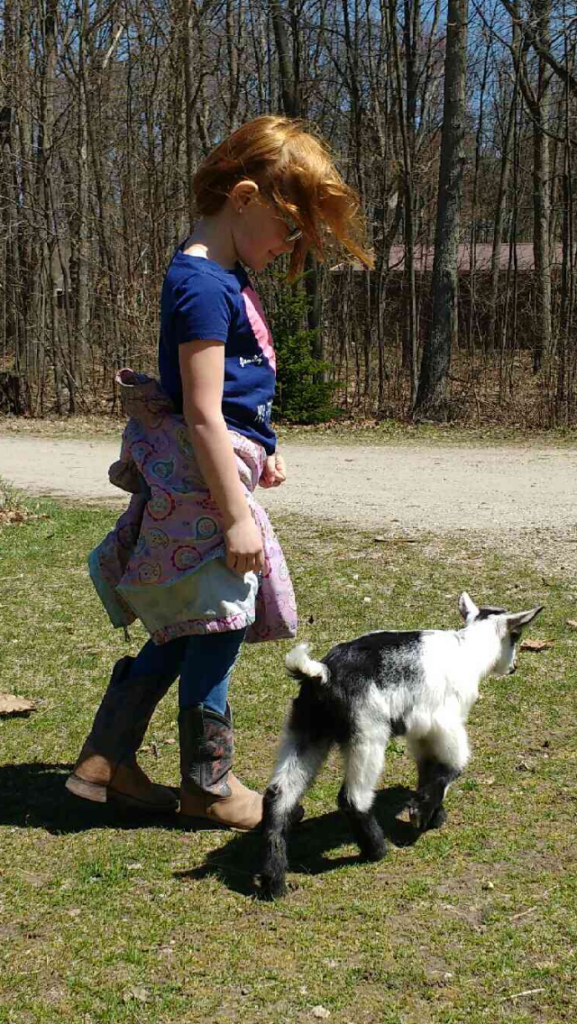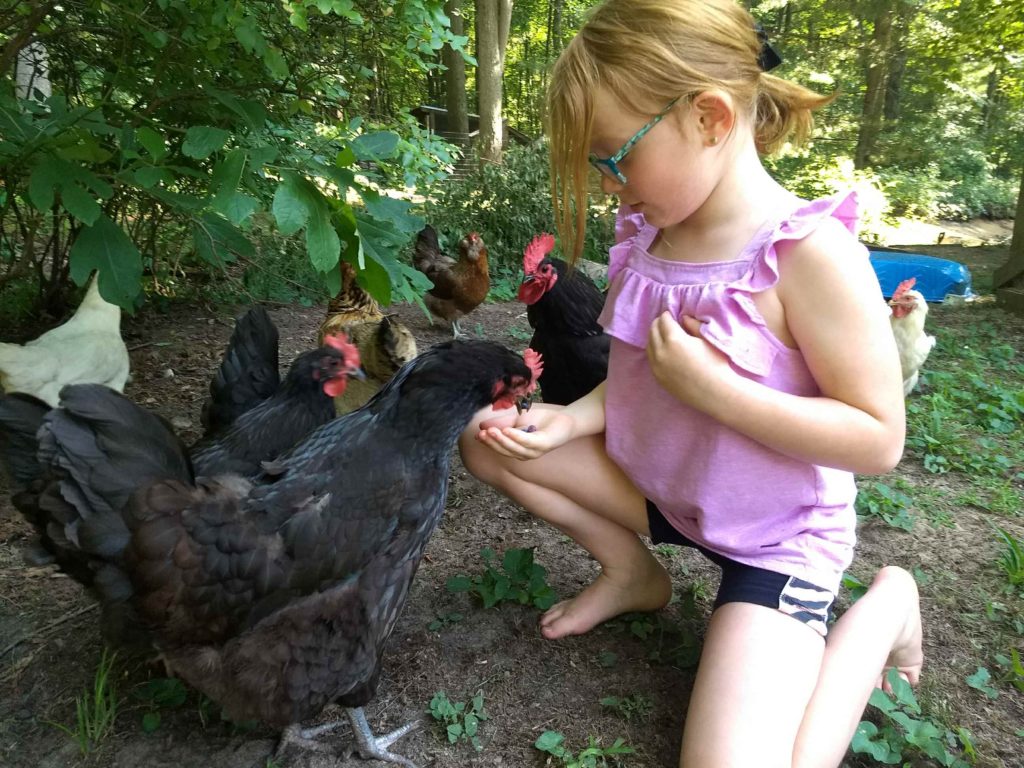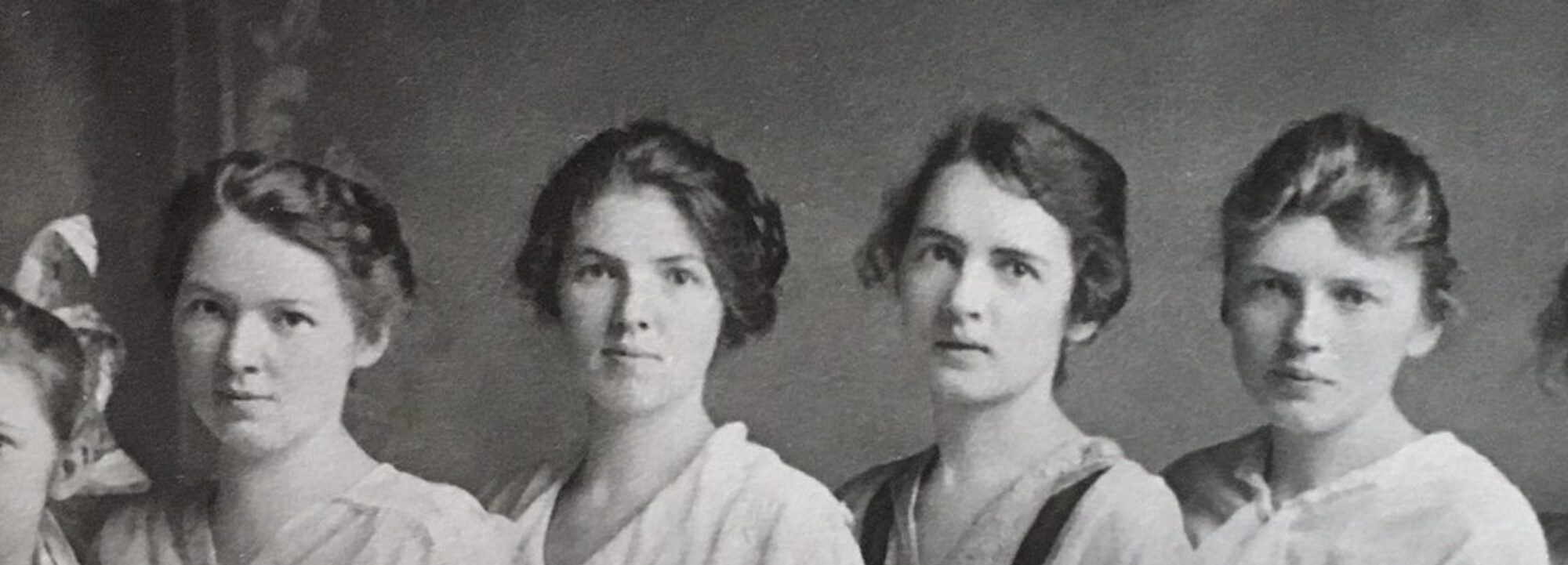“Our rooster is havin’ a really great year,” my seven-year-old granddaughter shares late last summer as we weed her herb garden. Her twin brother Caleb is having a playdate with a friend, so we are enjoying some rare one-on-one time together. She converses with me in that delightful way young children do with people they know and trust—completely, openly, sincerely—and she clearly has opinions about their current rooster and his quality of life.
Hmmm.
What constitutes a good year for a rooster?
All his ladies at his disposal?

A crowd to admire his strut and swag?
We had several chickens who wandered the farm of my childhood. When I was seven, we had a rooster with these feathery bangs we named “Ringo.” The Beatles had just begun their U.S. tour, and my brother and I found the Fab Four’s hairdos both hilarious and amazing. When Ed Sullivan featured the Beatles in 1964, I watched, laughed and danced, shaking my head and playing an air guitar before there was a name for such things. Our rooster Ringo was king of the barn and certainly wouldn’t have eaten from my hand no matter how patiently and persistently I would have tried. A “great year” for Ringo would have included lots of bugs and corn to eat, as he led the simple life of an under-appreciated bachelor.
Chloe’s rooster doesn’t really have a name. Just “Rooster.” He has free range of everything on their little ten-acre homestead: the woods, the yard, the driveway, even the garage. He has a selection of twelve fine-looking hens—well muscled and productive—and he is ever-vigilant, crowing if concerned by a sudden change or separation of his brood.
So what makes “Rooster” and his year so good?
“Well, Nana, he just knows that brother and I are gentle and kind. Our other rooster didn’t know that. But this rooster doesn’t chase us, so we reward him.”
Hmmm.
How do you reward a rooster?
A trip to the neighbor’s coop for a little tryst?
A new perch from which to announce the sunrise?
“So Nana, sometimes when I’m pickin’ berries, I save some an’ he comes to me and eats outta my hand,” she continues.
Wow. Really?
“I’ll show you.” She confidently marches to the nearby blueberry bushes, picks a tiny handful, and crouches low to the ground. She quietly calls to Rooster.
“It’s okay. You’re a good boy. Come here…I have blueberries for you.” She holds her little cupped hands still and continues to talk softly… gently… and sure enough, Rooster slowly approaches her and picks the berries carefully from her hand. He doesn’t hurt her or peck at her when the berries are gone. He simply cocks his head one when and then the other, then scoots off to scratch for bugs near the raspberry canes. Chloe brushes off her hands, stands, and turns to me, proud and satisfied.

Here’s what I know: our amazing world will be at this child’s command.
My seven-year-old granddaughter has learned the benefits of giving positive rewards at an early age. Although she doesn’t fully understand the psychology, Chloe is discovering how certain actions can maintain or change a behavior. What power she will have.
My daughter and son-in-law are very involved and committed to their family, but as all parents, they are blissfully oblivious to the tests awaiting them and the quickly developing sophistication of this tiny, expressive redhead.
While Rooster’s time on this earth has come to an end, our dear Chloe’s journey has just begun.
I’m so glad I’m along for the ride.

